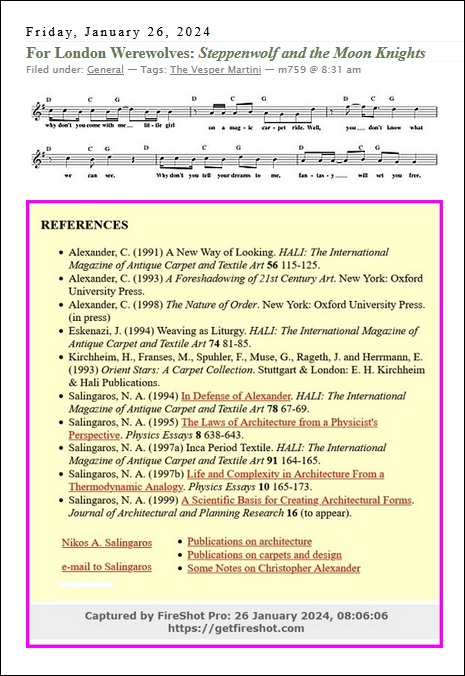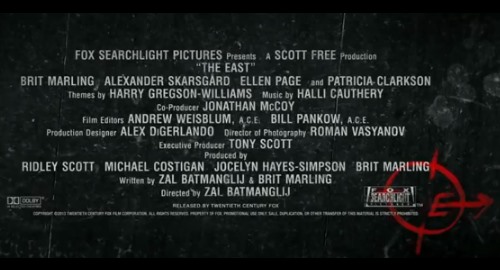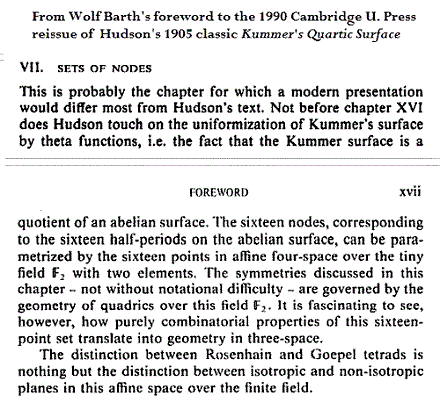Mozart, 2006
Mozart, 1935
Poet, be seated at the piano.
Play the present, its hoo-hoo-hoo,
Its shoo-shoo-shoo, its ric-a-nic,
Its envious cachinnation.
If they throw stones upon the roof
While you practice arpeggios,
It is because they carry down the stairs
A body in rags.
Be seated at the piano.
That lucid souvenir of the past,
The divertimento;
That airy dream of the future,
The unclouded concerto . . .
The snow is falling.
Strike the piercing chord.
Be thou the voice,
Not you. Be thou, be thou
The voice of angry fear,
The voice of this besieging pain.
Be thou that wintry sound
As of the great wind howling,
By which sorrow is released,
Dismissed, absolved
In a starry placating.
We may return to Mozart.
He was young, and we, we are old.
The snow is falling
And the streets are full of cries.
Be seated, thou.
— Wallace Stevens, Ideas of Order (1936)
From the center:
“‘Mozart, 1935’ immediately discloses a will to counter complaints of pure poetry, to refute that charge heard regularly from Stevens’s critics, to find ‘his particular celebration out of tune today’ on his own if necessary; and, in short, to meet the communist [poet and critic Willard] Maas’s ‘respect for his magnificent rhetoric’ at least halfway across from right to left.”
— Alan Filreis, Modernism from Right to Left: Wallace Stevens, the Thirties, and Literary Radicalism (Cambridge: Cambridge University Press, 1994), p. 211
From the left:
Norman Lebrecht on this year’s celebration of the 250th anniversary of Mozart’s birth (January 27, 1756):
“… Mozart, it is safe to say, failed to take music one step forward….
… Mozart merely filled the space between staves with chords that he knew would gratify a pampered audience. He was a provider of easy listening, a progenitor of Muzak….
… He lacked the rage of justice that pushed Beethoven into isolation, or any urge to change the world. Mozart wrote a little night music for the ancien regime. He was not so much reactionary as regressive….
… Little in such a mediocre life gives cause for celebration….
… The bandwaggon of Mozart commemorations was invented by the Nazis in 1941….
… In this orgy of simple-mindedness, the concurrent centenary of Dmitri Shostakovich– a composer of true courage and historical significance– is being shunted to the sidelines, celebrated by the few.
Mozart is a menace to musical progress, a relic of rituals that were losing relevance in his own time and are meaningless to ours. Beyond a superficial beauty and structural certainty, Mozart has nothing to give to mind or spirit in the 21st century. Let him rest. Ignore the commercial onslaught. Play the Leningrad Symphony. Listen to music that matters.”
The left seems little changed since 1935.

















